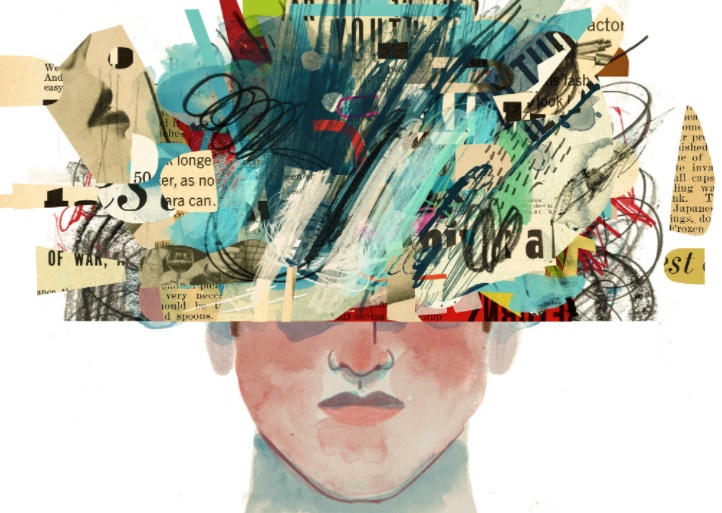There are 327 million people in the United States. Where 1 in 3 are chronically sleep deprived, 7 out of 10 people are chronically stressed. That’s 229,000,000 stressed people.
Biologically, stress has a purpose. The cortisol and adrenaline are there to help you flee from a charging bear or other predator, or pursue your prey for food. It encourages you to get things done quickly and efficiently. It can even be referred to as a “sense of urgency.”This isn’t bad, and can be very productive and helpful with establishing work-life balance.
When you workout, you are “stressing” your body to produce a desired change. Microtears encourage the muscle tissue to grow stronger and more resilient. This is an example of “eustress” — the “good” stress.
But that type of stress isn’t what causes the “distress” that 229 million of us suffer daily: increased cortisol (the stress hormone itself) and weight gain, decreased memory and concentration, slower recovery, increased risk to injury due to lack of coordination and visual acuity, poor digestion, and lack of interest or energy for personal projects — to name a few.
Chronically subjecting our bodies to distress (on top of not enough sleep) is one of the best recipes for the heightened anxiety and depression, overeating, obese, and heart-disease-ridden community we have today.
There are several options, but of all the different variants of “treatment,” they all culminate in these suggested options:
Workout. Exercise is scientifically proven to reduce stress, boost endorphins, and your immunity. (Side note: if you don’t think you have enough time to workout, then you NEED to; talk to us about when and how.)
Eat an unprocessd, unrefined diet. Like exercise is nature’s antidepressant, food is nature’s antianxiety medication. Combat the stress by fueling your body with food that helps it thrive, not just merely survive. (Side note: lost here too? We have a dietitian for that.)
Meditate/Pray (including Breathing exercises). There are many tools to help, including the app Headspace. Here’s a tip: if you can’t get your brain to shut up, then you NEED to meditate. Practice. You’ll get better.
Sleep. Sleep is vital to our success and is the foundation on which we build the next day. Don’t disregard this. Don’t disregard either of these. They – and you – are much too important.
Unplug. Don’t glaze over this one! Much of our stresses and anxiety come from constantly being attached to a phone, a computer, a desk. Keep your phone and screen time to a minimum, and get outside. Let yourself be bored. Sorting through boredom is usually what helps our brains learn how to problem-solve, where we can settle mind-chatter, and where the best ideas come to us. It might be challenging at first, but try it. And if you find yourself wanting to connect with friends — go ACTUALLY connect with them.I beg you – don’t disregard the importance of handling your stress. Don’t disregard any of these suggestions. They – and you – are much too important.
*photo sourced from NYTimes



